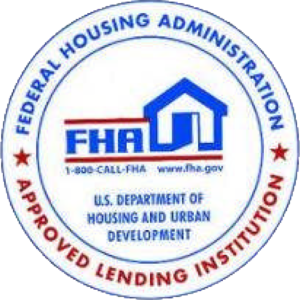According to Moody’s Analytics Q3 Quarterly Student Housing Report , on a national level the student housing sector saw vacancies rise 1.2% to 2.7% while rents grew 1.3% to 1.8%. As many universities went online, or initiated hybrid online/in person, due to the Coronavirus, the demand for housing around the universities has fallen. Some people who bought homes in these areas as investments are rethinking their strategy.
A recent survey by Student Loan Hero, a student debt management company, found that only half of the students planned to return to campus in the fall; of them, 34% said they would attend class in-person if given the option, while 16% said they would return to campus but take courses online. Roughly 29% of students plan to study online from home, according to the report, which was published in August. The bigger question is, what happens if students get comfortable learning online, so comfortable that the higher learning model changes.
The Coronavirus pandemic is forcing global experimentation with remote teaching and there are indicators that this may transform aspects of our life if it proves to be a success. For example, if core curriculum become commoditized, they can be taught by non-university instructors and delivered to large audiences at a very low cost. These courses could be taken online and at a student’s convenience. Students would only have to attend college for three years and could focus on the things that can’t be done remotely like group assignments, office hours, interactions and career guidance. In turn, colleges would have more resources to commit to research-based teaching, personalized problem solving and mentorship.
Housing for three years instead of four reduces housing demand around the universities by 25%.
One of the downsides of owning a house that your rent to students is that it can get beaten down quickly. College students can be quite destructive when it comes to their living spaces. Drinking, immaturity and knowing that their parents are footing the bill are all contributing factors. When these properties sit empty for a period of time the owners have to start assessing whether they want to fix up the property or sell. Many are now deciding to sell, driving down prices.
In a discussion with MansionGlobal.com, Tina Bacci, principal and broker at RESIS LLC, described what was going on with the Boston market “….units that are popular with students, like one-bedrooms and studios, are usually very hard to find on the sales market for under $500,000. But the pandemic has changed that. A dearth of student renters this year is driving some longtime landlords to relinquish properties they’ve held for years—and which they’d have to spend money on to renovate soon, anyway” she said. “In addition, individual landlords with smaller portfolios of luxury condos are trying to cut some fat as they face competition from big-box property owners who can afford to give rent concessions in a down market.”
“Available condo inventory priced under $500,000 shot up 137% in August 2020 compared to August 2019” Ms. Bacci said. “The increase in that price point is considerably higher than in other segments of the market, according to her analysis. Listings priced $500,000 to $1 million were up 62%, while listings over $1 million increased 48%.”
In assessing the short and longer term risks of student related housing S&P Global Ratings said “We believe the uncertainty around the reopening of university campuses around the U.S., coupled with fears of contracting the virus, will create significant headwinds for student housing properties. Near-term risks include a spike in coronavirus cases and a drop in the number of international students who may postpone their studies at American universities …..longer-term risks include a systemic shift in students’ behaviors to embrace online learning that can result in a decline in demand for space, causing a decline in occupancy at these properties.
With interest rates low and inventory starting to build, now might be a good time to consider buying a house around an academic institution. Yet while strong appreciation rates and growing demand have made areas around universities attractive areas to live and invest, you have to wonder if the Coronavirus might not only have long lasting effects on its victims, but on the housing market as well.
If you are considering buying a house near a University talk to one of our mortgage professionals. They can help you assess your options.




